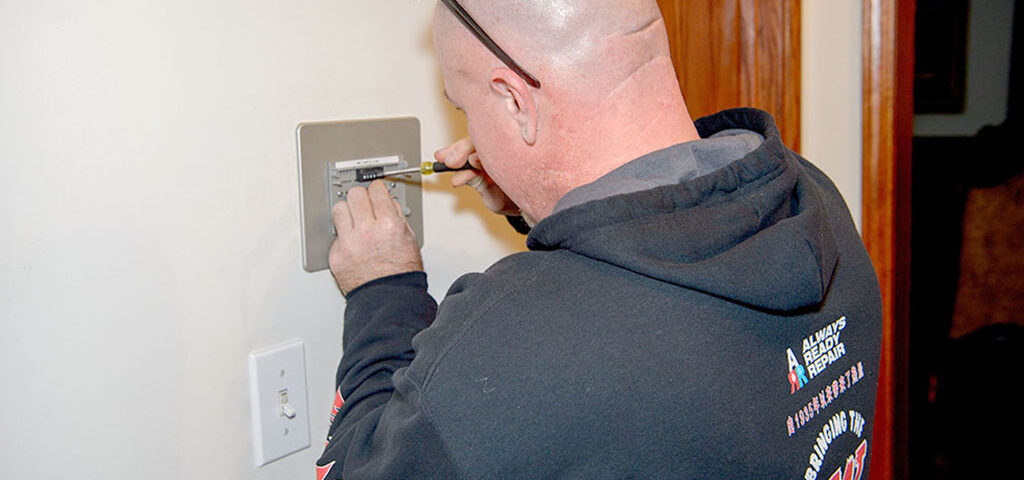Five Tips to minimize the strain on your Heating System during the cold season
Winter heating bills can place a strain on your wallet, and keeping your home warm enough to be enjoyable can place a strain on your HVAC unit. Homeowners will be thrilled to know that there are simple things that they can do to reduce both of these strains.
1. Change Your Filters Monthly
The air filters for your system may seem like a fundamental part of your air conditioning unit, but they play a significant role in its operation. These air filters keep the air entering into your system cleaner, which benefits the unit and the air quality in your home.
You should change your air filters at least once a month so that you can keep clean air flowing into your system at all times. Clogged air filters place too much strain on your units, and missing air filters allows too much dust to enter the systems.
2. Consider A Programmable or Smart Thermostat
Programable or smart thermostats make it easy for you to manage the temperature in your home. For instance, while everyone is gone at work or school during the day, there is no reason to keep the house super hot. However, everyone wants the home to feel comfortable when they get home.
Programming your thermostat will keep your home warmer when you are there and colder when you are not. This will reduce strain on your unit as well as your heating bills.
3. Check Your Ductwork
With time, ductwork can become weak or get holes in it. This allows cooled air to escape into areas that are not living spaces. This will also cause your unit to work harder as you try to keep the living spaces at your preferred temperature.
Cleaning or replacing ductwork is also a great way to improve air quality in your home. Again, with time, dust can settle into the ducts and accumulate. This means that dust will always be circulating in your home.
4. Warm Your Home In Other Ways
You can reduce strain on your unit by helping to warm your home in other ways.
Consider upgrading your windows to a more energy-efficient window to help manage temperature control.
Check door and window seals for leaks and make any necessary repairs. One leaky window can significantly raise your heating bills.
Update the insulation in your home. Having enough insulation in your home will allow you to control the temperature much more effectively.
5. Schedule Preventative Maintenance
Call Always Ready Repair for a yearly tune-up of your system. Making sure that your system is operating in prime condition can prevent serious repairs, extend the life of your unit, and decrease the strain on your unit and bills.


